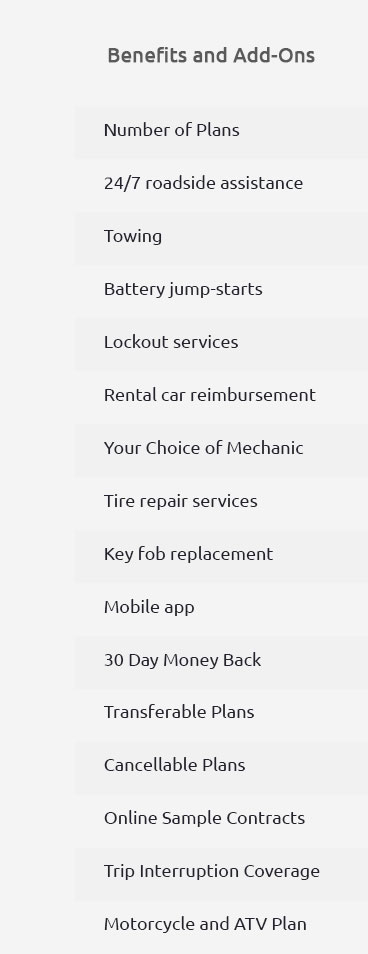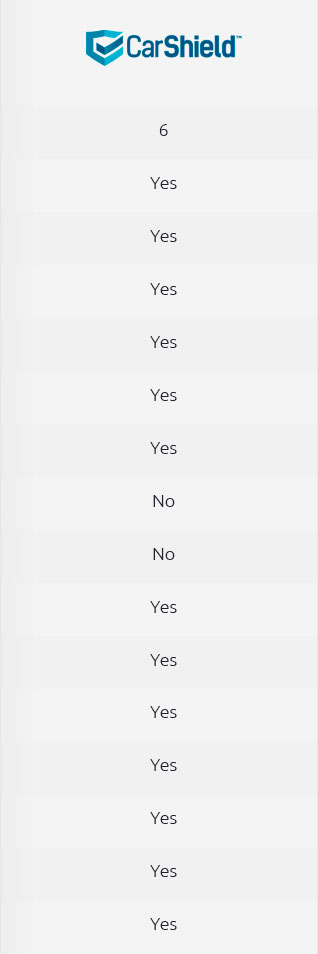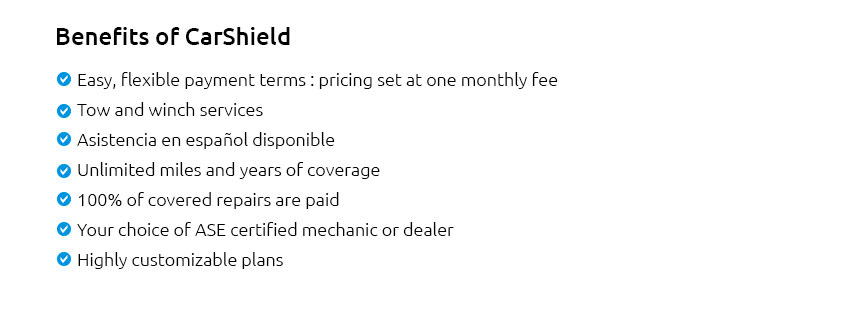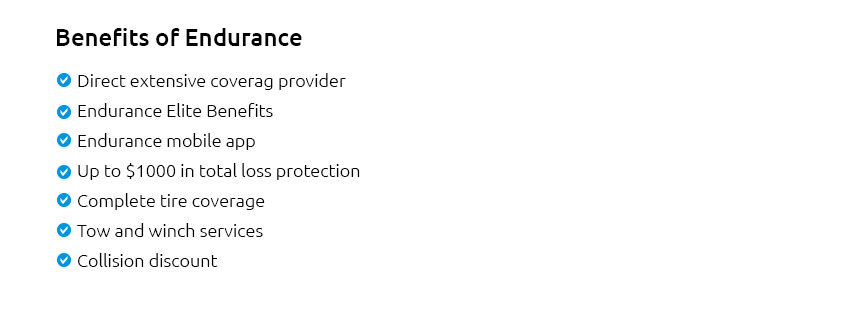 |
 |
 |
 |
 |
|||
 |
|||
 |
 |
 |
|
 |
|||
 |
|
 |
|
 |
|
 |
|
 |
|
 |
|
 |
|
 |
|

Warranty and Gap Insurance: A Comprehensive Coverage GuideExploring vehicle protection options in the U.S. can feel overwhelming, especially when it comes to understanding warranty and gap insurance. These coverages provide peace of mind, reduce out-of-pocket repair costs, and ensure you’re not left vulnerable in case of unforeseen events. Let's dive into the essentials to make informed decisions. Understanding Vehicle WarrantiesA vehicle warranty is essentially a promise from the manufacturer or dealer to cover certain repairs and services during a specified period. This can be especially beneficial for U.S. consumers who rely heavily on their cars for daily commutes and road trips. Types of Warranties
With these warranties, you’re safeguarding against unexpected repair costs, potentially saving thousands of dollars over time. Gap Insurance ExplainedGap insurance is another vital coverage that addresses the difference between the car’s actual cash value and the balance still owed on financing. This can be crucial in states with high vehicle depreciation rates. When is Gap Insurance Useful?
Consider local dealerships in your area, like those in Texas, where gap insurance is often bundled with financial plans for new cars. Benefits of Warranty and Gap InsuranceBoth these coverages offer significant benefits:
For instance, a comprehensive warranty might cover the cost of repairs for your luxury vehicle, while gap insurance ensures you're not out of pocket if your car is totaled. FAQs About Warranty and Gap InsuranceWhat does a standard car warranty cover?A standard car warranty typically covers defects in materials or workmanship for a set period or mileage, including components like the engine, transmission, and sometimes the electronics. Is gap insurance worth it?Gap insurance is often worth it if you have a loan or lease on your car that exceeds the car's current market value, providing financial protection against total loss scenarios. How do I choose the right extended warranty?Choosing the right extended warranty involves considering your vehicle's age, reliability, and your driving habits. Compare plans that offer coverage for major repairs and assess their terms and conditions. Ultimately, selecting the right warranty and gap insurance involves evaluating your personal needs, vehicle type, and financial situation. Doing so provides a safety net that enhances your driving experience across the U.S. https://www.consumerfinance.gov/ask-cfpb/am-i-required-to-purchase-an-extended-warranty-or-guaranteed-asset-protection-gap-insurance-from-a-lender-or-dealer-to-get-an-auto-loan-en-807/
Generally you cannot be required to buy an extended warranty, GAP insurance, or credit insurance. In most situations, they are optional. https://warrantysolutions.com/b2b/cms/publicPages/GAP.jsp
The Program waives the difference between the outstanding loan balance as of the date of loss and the primary insurance settlement (some restrictions apply). https://flcu.org/resources/services/gap-and-warranty-coverage/
With Florida Credit Union's Guaranteed Asset Protection, you can cover the gap between your vehicle's value and the amount you still owe. GAP is included in ...
|